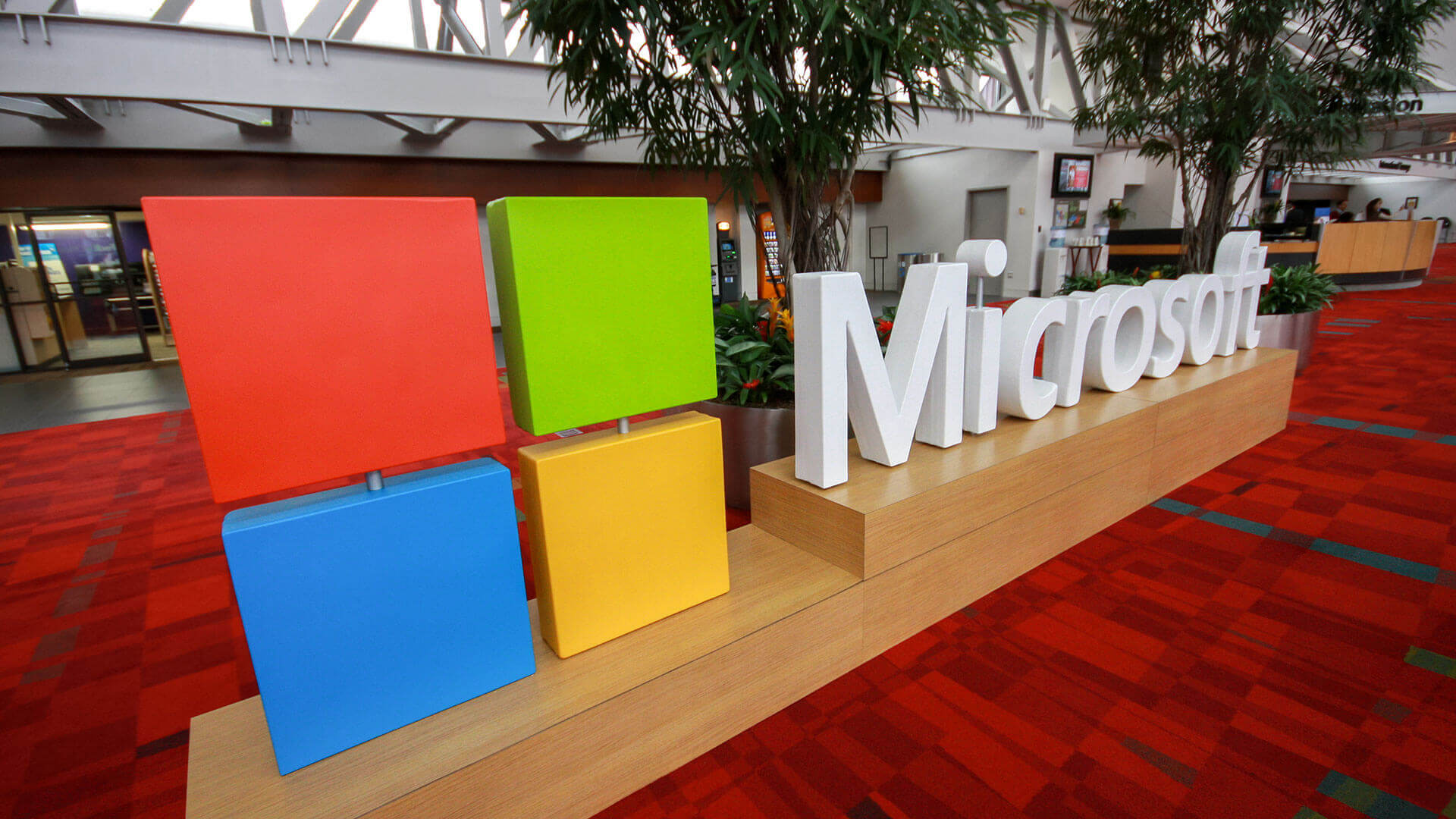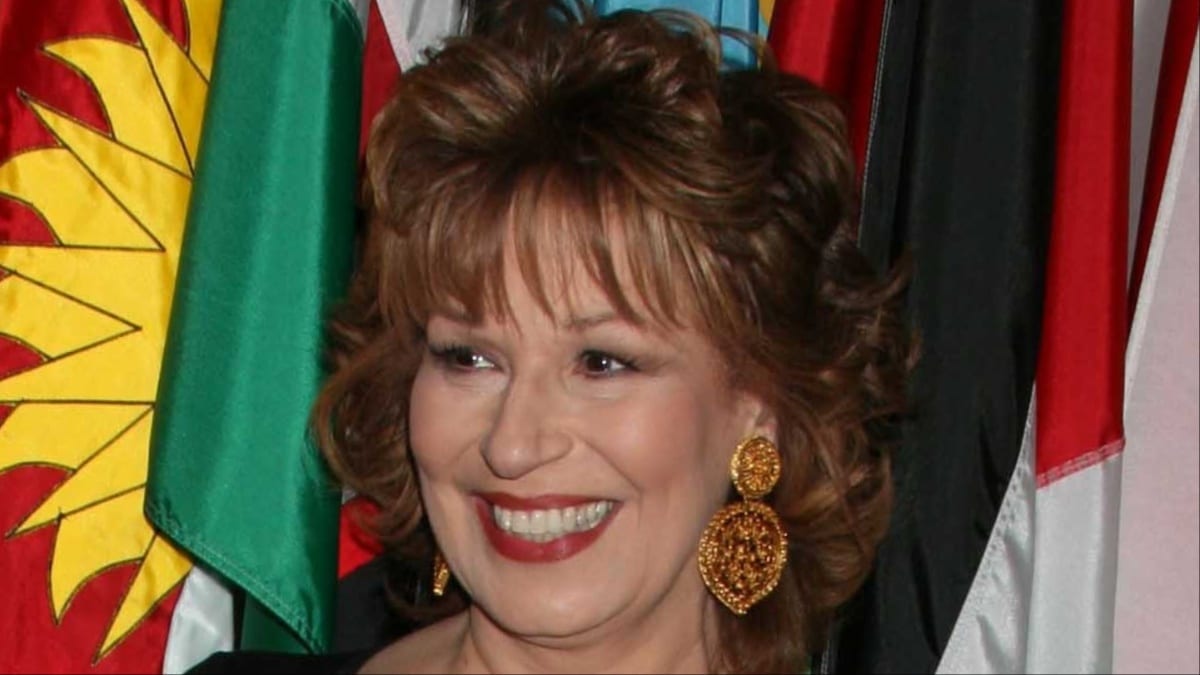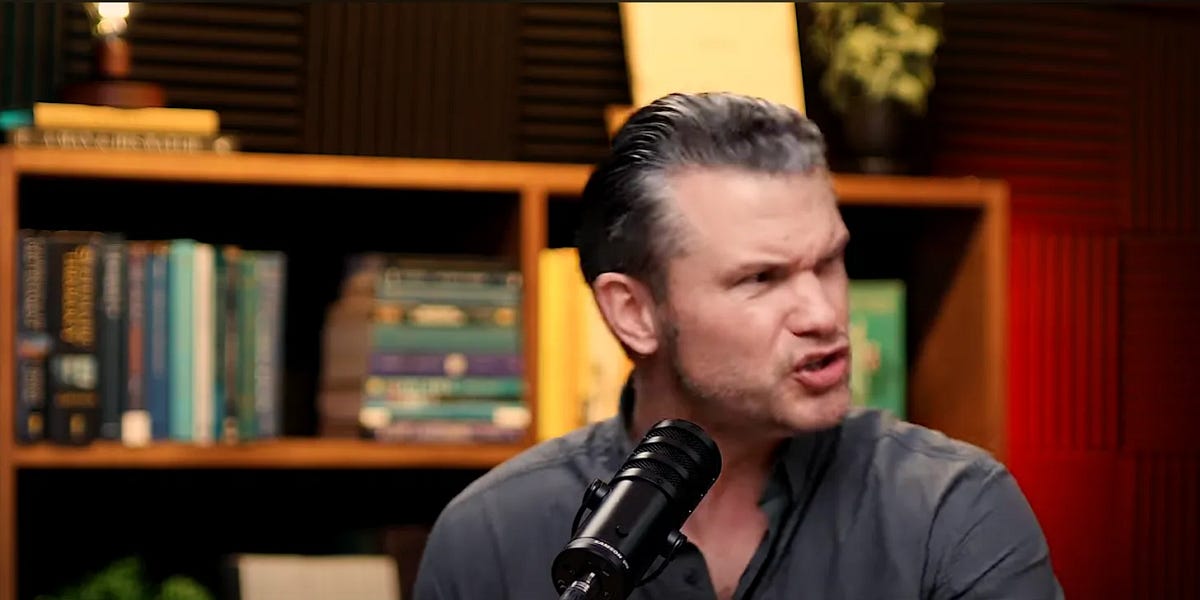Taiwan Semiconductor Manufacturing Co. (TSMC) is encountering significant challenges in its efforts to bring advanced chip production to its new Arizona facility, as the plant is unlikely to implement the company’s most cutting-edge technology before its factories in Taiwan. This delay, according to TSMC CEO and Chairman C.C. Wei, stems from complex compliance issues, stringent local construction regulations, and a multitude of permitting requirements.
Wei remarked that building the Arizona factory has taken at least twice as long as similar projects in Taiwan, attributing the delays to the intricate permitting processes and regulatory frameworks in the United States. He explained during an event at National Taiwan University that every step of the construction process requires permits, and even after approvals are granted, implementation takes far longer compared to Taiwan. Due to these hurdles, he stated, it would be challenging for the U.S. facility to adopt TSMC’s latest chip technologies ahead of its Taiwan plants.
TSMC, the world’s leading producer of advanced semiconductors for clients like Apple and Nvidia, is investing $65 billion to construct three massive factories in Arizona. However, the company has consistently emphasized that the majority of its chip manufacturing, particularly for its most advanced technologies, will remain in Taiwan. Despite these challenges, Wei expressed confidence during a recent earnings conference that the Arizona factory would eventually produce chips of the same quality as those made in Taiwan, with a smooth ramp-up process expected.
At the university event, Wei provided further details on the obstacles TSMC faces in the U.S. project. A shortage of skilled labor, gaps in the local supply chain, and the lack of clear regulations for semiconductor plant construction have significantly slowed progress. To address these issues, TSMC reportedly established 18,000 rules at a cost of $35 million and hired a team of experts to collaborate with local authorities on regulatory matters.
Wei highlighted additional cost burdens stemming from the higher price of chemical supplies in the U.S., noting that sulfuric acid, for example, is five times more expensive than in Taiwan. As a result, TSMC has resorted to shipping sulfuric acid from Taiwan to Los Angeles and then transporting it by truck to Arizona. Labor shortages have also complicated the project, leading TSMC to relocate half of its construction workforce from Texas to Arizona. This relocation, coupled with accommodation expenses, has further escalated costs.
The U.S. government has strongly supported TSMC’s investment as part of its broader push to rebuild domestic chip manufacturing and reduce reliance on Asia, particularly Taiwan. The U.S. government has provided a $6.6 billion grant for the project. Commerce Secretary Gina Raimondo recently announced that TSMC had begun producing advanced 4-nanometer chips for American customers at the Arizona facility, marking a significant milestone in U.S. semiconductor policy.
However, Wei’s comments underline the broader challenges associated with establishing cutting-edge manufacturing in a new regulatory and operational environment. TSMC’s Arizona facility represents a critical element of the United States’ ambition to reduce its dependence on Asia for semiconductor production, but the path forward is clearly fraught with obstacles that require innovative solutions and substantial resources.
Have you read?
Best Fashion Schools.
Best Universities.
Best Medical Schools.
Best International High Schools.
Countries: Most Female Billionaires.
Bring the best of the CEOWORLD magazine’s global journalism to audiences in the United States and around the world. – Add CEOWORLD magazine to your Google News feed.
Follow CEOWORLD magazine headlines on: Google News, LinkedIn, Twitter, and Facebook.
Copyright 2025 The CEOWORLD magazine. All rights reserved. This material (and any extract from it) must not be copied, redistributed or placed on any website, without CEOWORLD magazine’ prior written consent. For media queries, please contact: info@ceoworld.biz


























































![Social Media Spring Cleaning [Infographic] Social Media Spring Cleaning [Infographic]](https://imgproxy.divecdn.com/9e7sW3TubFHM00yvXe5zvvbhAVriJiGqS8xmVFLPC6s/g:ce/rs:fit:770:435/Z3M6Ly9kaXZlc2l0ZS1zdG9yYWdlL2RpdmVpbWFnZS9zb2NpYWxfc3ByaW5nX2NsZWFuaW5nMi5wbmc=.webp)
![5 Ways to Improve Your LinkedIn Marketing Efforts in 2025 [Infographic] 5 Ways to Improve Your LinkedIn Marketing Efforts in 2025 [Infographic]](https://imgproxy.divecdn.com/Hv-m77iIkXSAtB3IEwA3XAuouMwkZApIeDGDnLy5Yhs/g:ce/rs:fit:770:435/Z3M6Ly9kaXZlc2l0ZS1zdG9yYWdlL2RpdmVpbWFnZS9saW5rZWRpbl9zdHJhdGVneV9pbmZvMi5wbmc=.webp)








